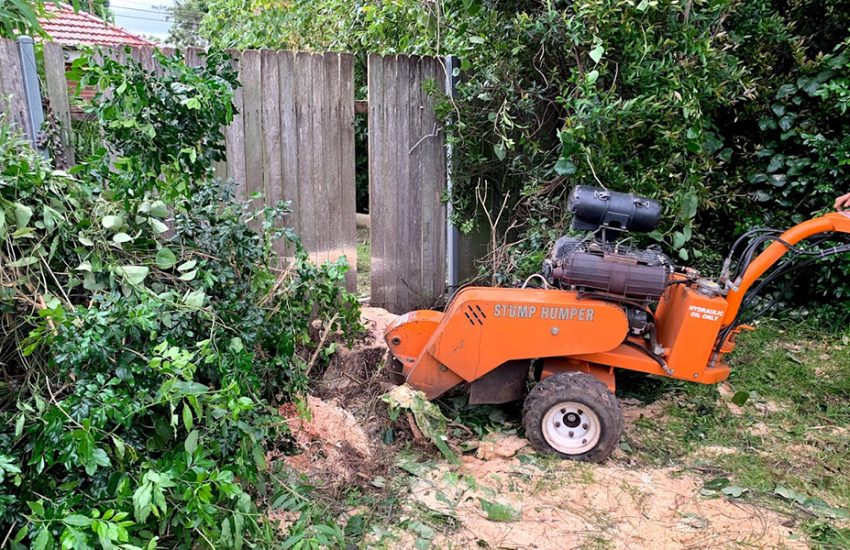Mastering Contract Negotiations with Contractors: A Strategic Guide
Contract negotiations with home improvement contractors are a crucial aspect of any business deal or project collaboration. A successful negotiation process requires careful planning, effective communication, and a willingness to find mutually beneficial solutions. In this article, we will provide you with valuable tips to navigate contract negotiations with contractors successfully. Whether you are a project owner or a contractor, following these strategies will help you reach favorable agreements and build strong working relationships.
1. Knowledge of Relevant Laws and Regulations
Before diving into contract negotiations, it’s essential to be well-versed in the state laws and regulations that govern contracts in your industry and location. Familiarizing yourself with legal requirements ensures that your contract is compliant and protects your interests. Consulting with legal experts or industry professionals can provide valuable insights and prevent potential legal issues down the line.
2. Understand the Needs of the Other Party
Effective negotiations involve understanding the needs and priorities of the other party involved. Take the time to communicate and actively listen to the project owner’s objectives. Understanding their motivations can help you tailor your negotiation strategy and propose solutions that meet their requirements while also addressing your own.
3. Break the Contract into Smaller Pieces
Negotiating an entire contract at once can be overwhelming and lead to roadblocks in reaching an agreement. Instead, break the contract into smaller sections that can be addressed separately. This approach makes the negotiation process more manageable and allows for incremental progress. By agreeing on individual sections, you can build momentum and foster a more collaborative atmosphere.
4. Prioritize Key Objectives
Clearly define your top priorities and objectives for the contract negotiation. Knowing what is most important to you will enable you to focus your efforts on those critical aspects. While flexibility is crucial in negotiations, having a clear understanding of your non-negotiable terms will help you protect your interests effectively.
5. Communicate and Understand Motives
Open and effective communication is the cornerstone of successful contract negotiations. Ask questions to gain insights into the other party’s motivations, concerns, and constraints. Understanding their perspective can help you find common ground and identify potential areas for compromise. Transparency and respect foster trust and facilitate a more cooperative negotiation process.
6. Avoid Hasty Decisions and Plan Ahead
Contract negotiations can be intricate and time-consuming. Avoid making hasty decisions or being pressured into accepting terms hastily. Plan ahead, conduct thorough research, and carefully review all terms and conditions before finalizing the agreement. Taking the time to analyze the contract ensures that both parties fully understand and agree to the terms.
7. Be Polite Yet Firm in Advocacy
Maintain a professional and respectful tone throughout the negotiation process. Being polite and respectful fosters a positive working relationship with the other party. Simultaneously, be firm in advocating for your interests and objectives. A balanced approach demonstrates your commitment to finding mutually agreeable solutions.
8. Establish Clear Expectations
From the outset of the negotiation process, clearly communicate your expectations and requirements. Ensure that both parties have a shared understanding of the project scope, timelines, deliverables, and payment terms. Clear expectations reduce the likelihood of misunderstandings and promote a smoother working relationship throughout the contract.
Conclusion
Contract negotiations with contractors require strategic planning, effective communication, and a commitment to finding common ground. By understanding the relevant laws, prioritizing objectives, breaking down the contract, and maintaining a respectful yet assertive approach, you can increase your chances of reaching a favorable agreement. Remember that successful negotiations involve compromise and the pursuit of mutually beneficial outcomes. Whether you are a project owner or contractor, following these tips will lead to fruitful negotiations and foster strong collaborations in the future.
Infographic created by West Side Tractor Sales, Offering Top of the Line John Deere Excavators



